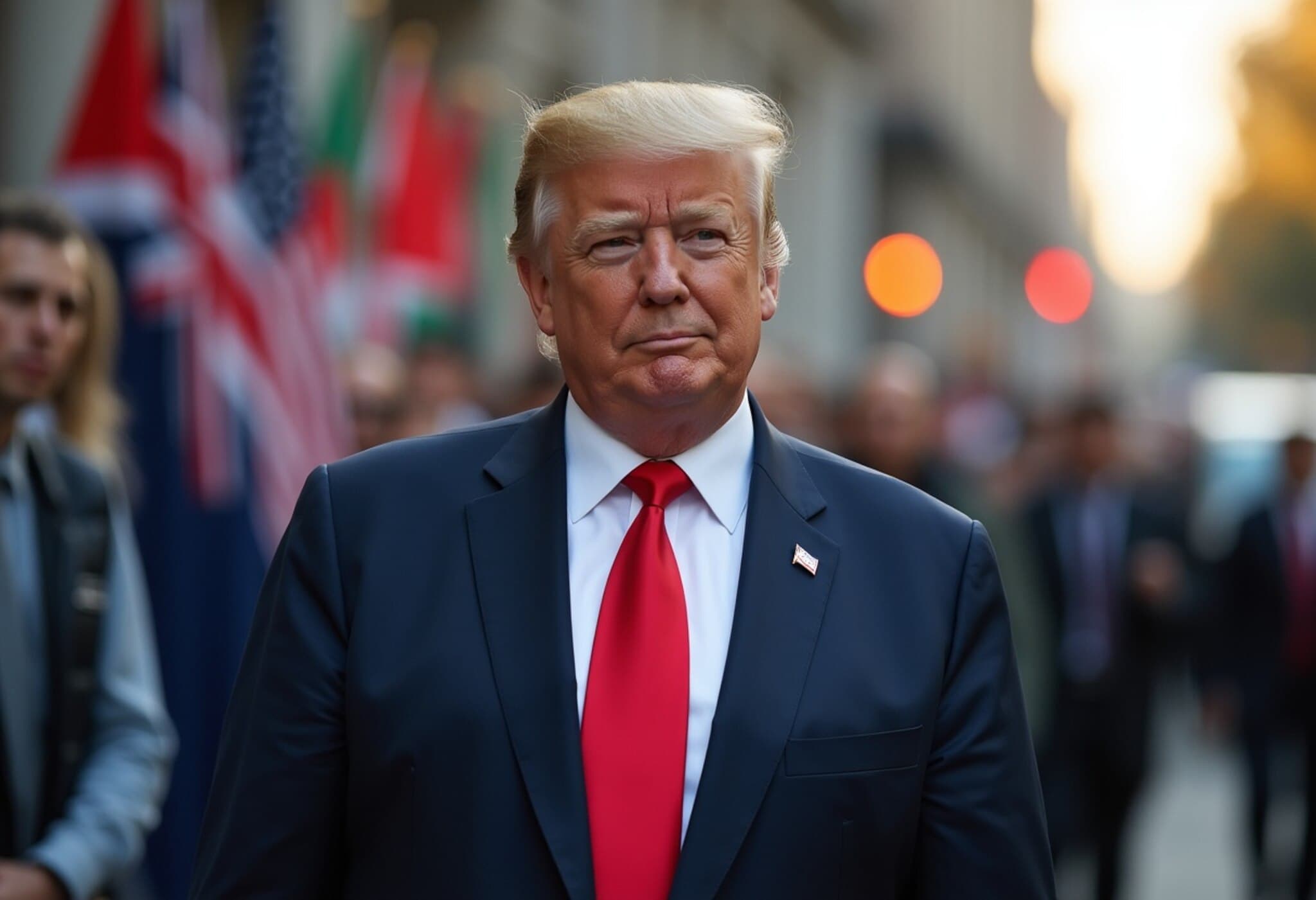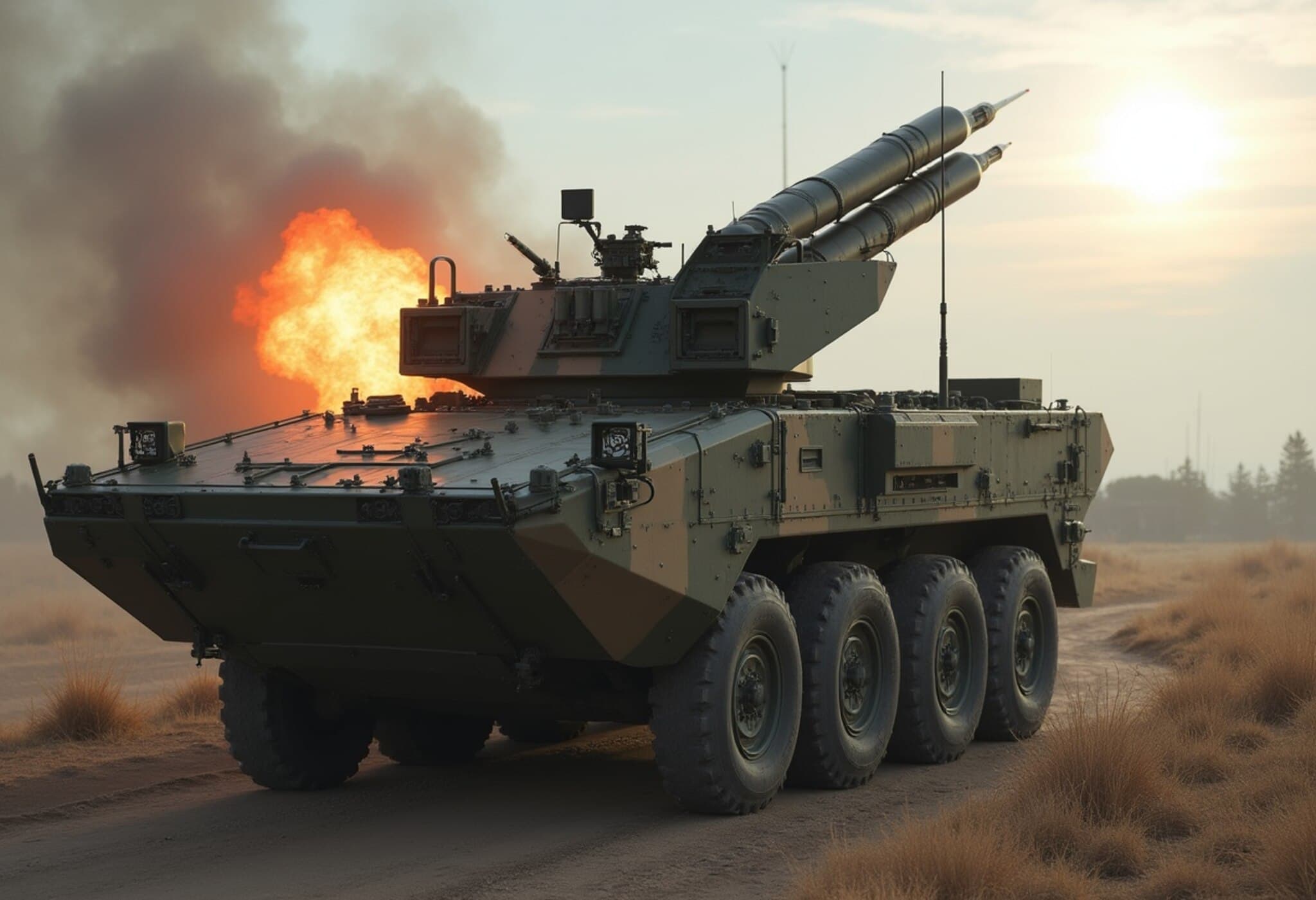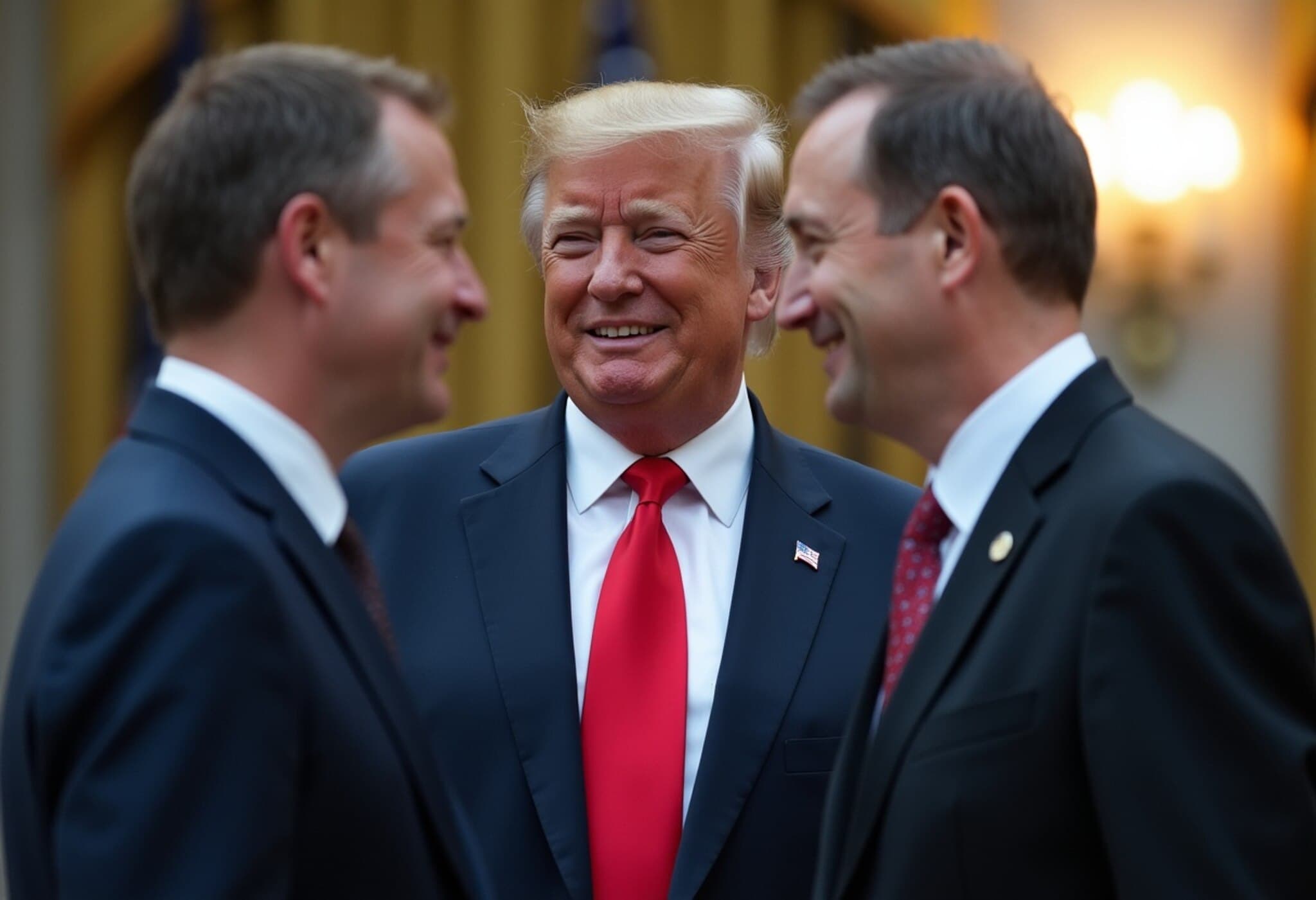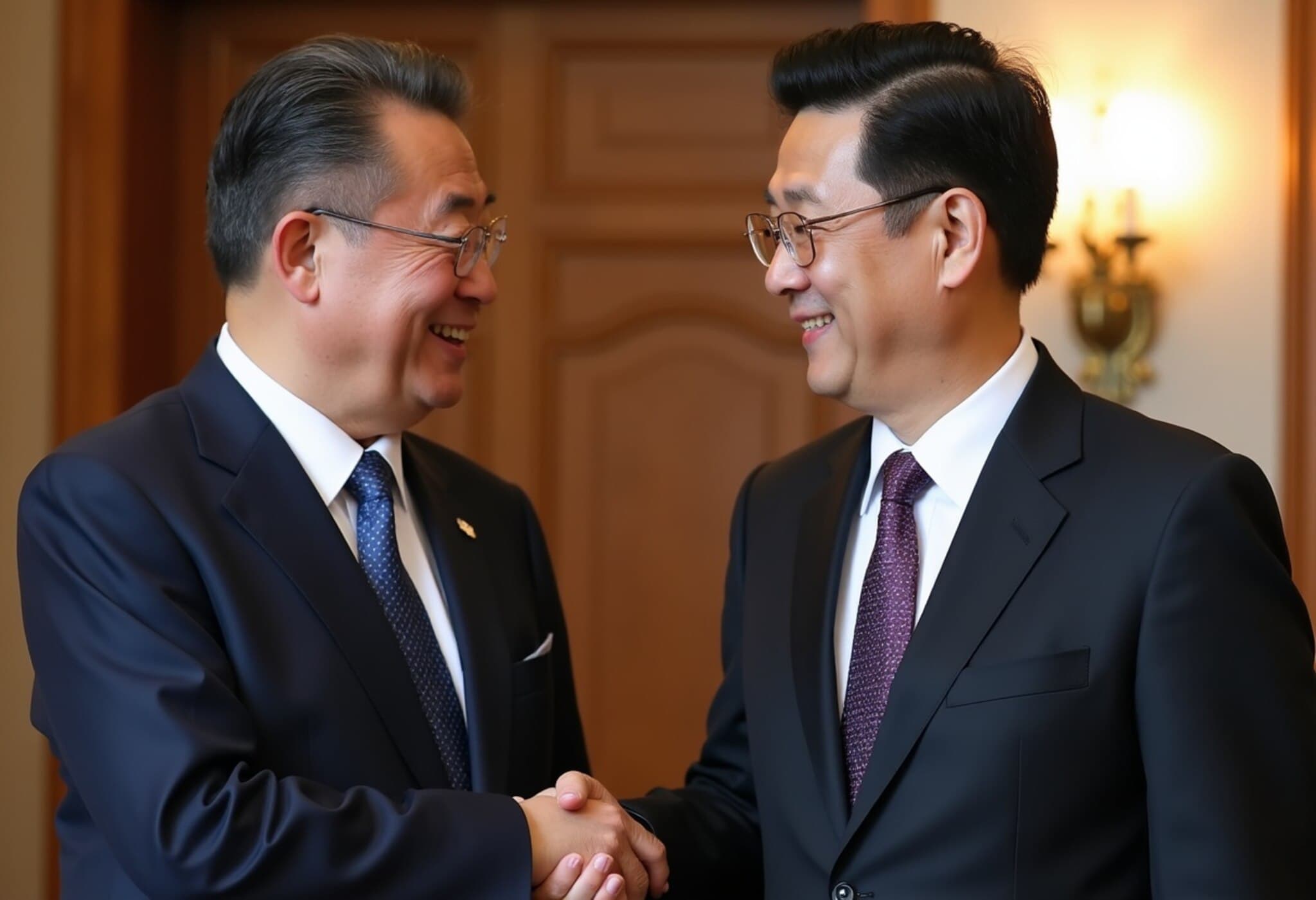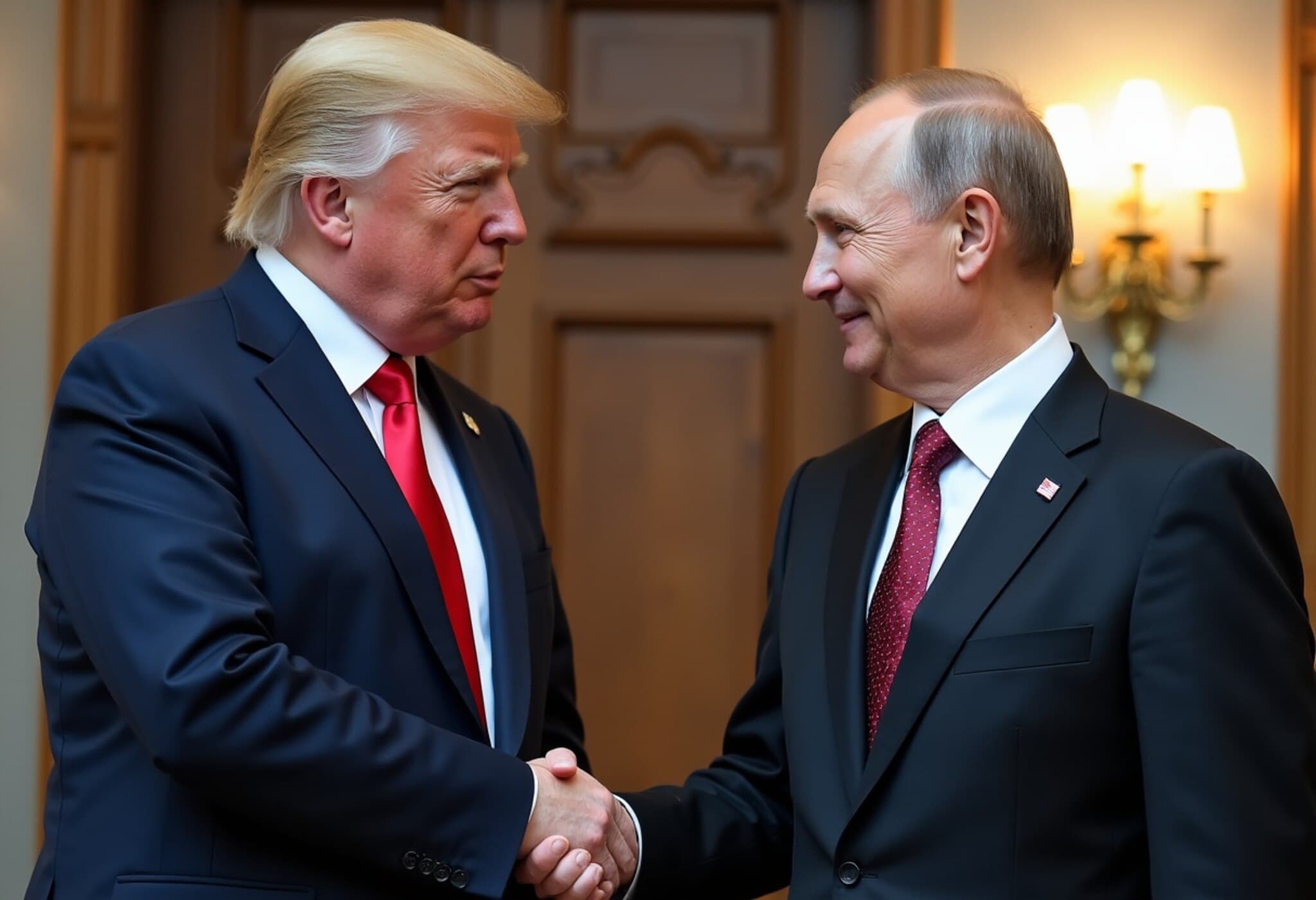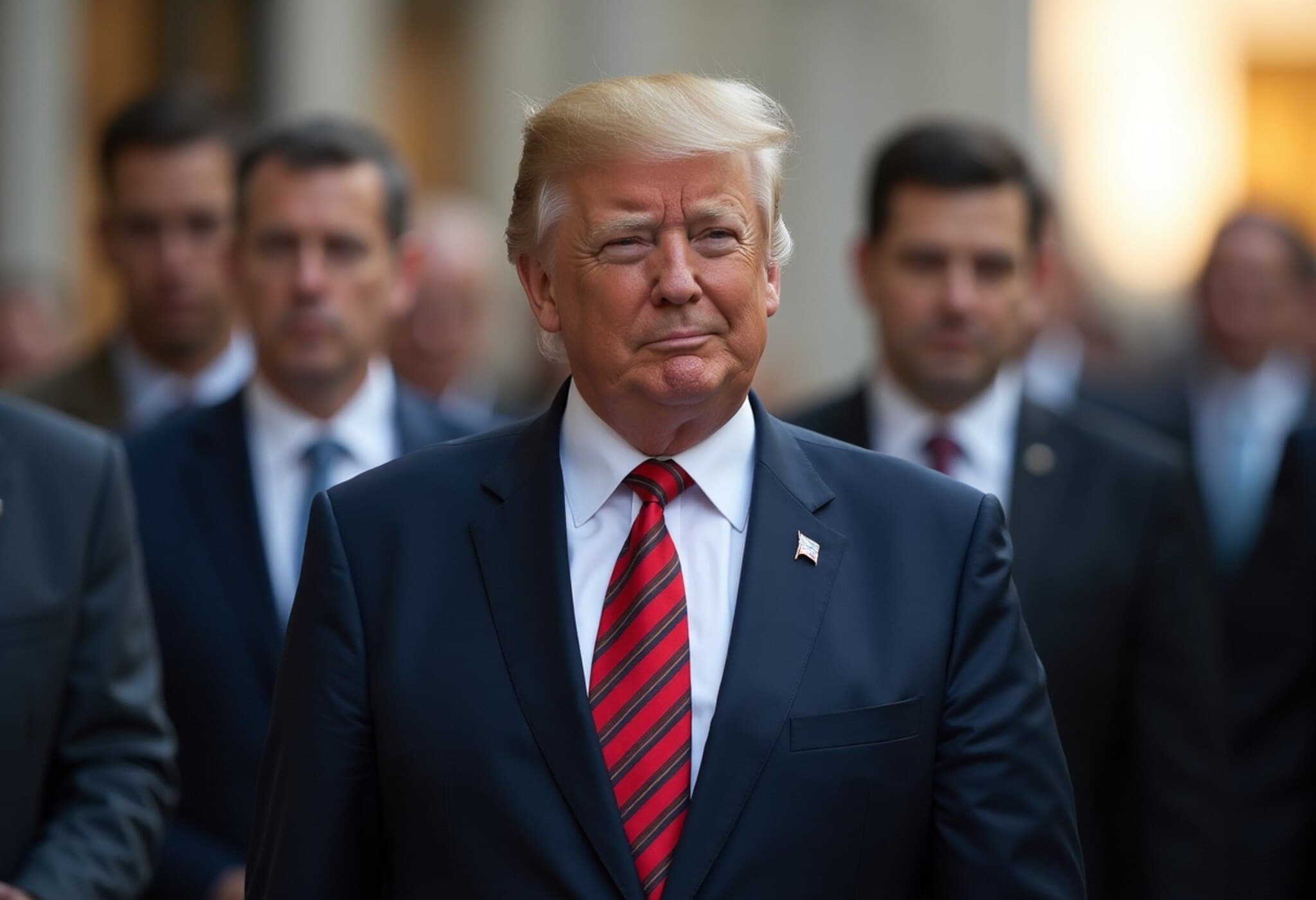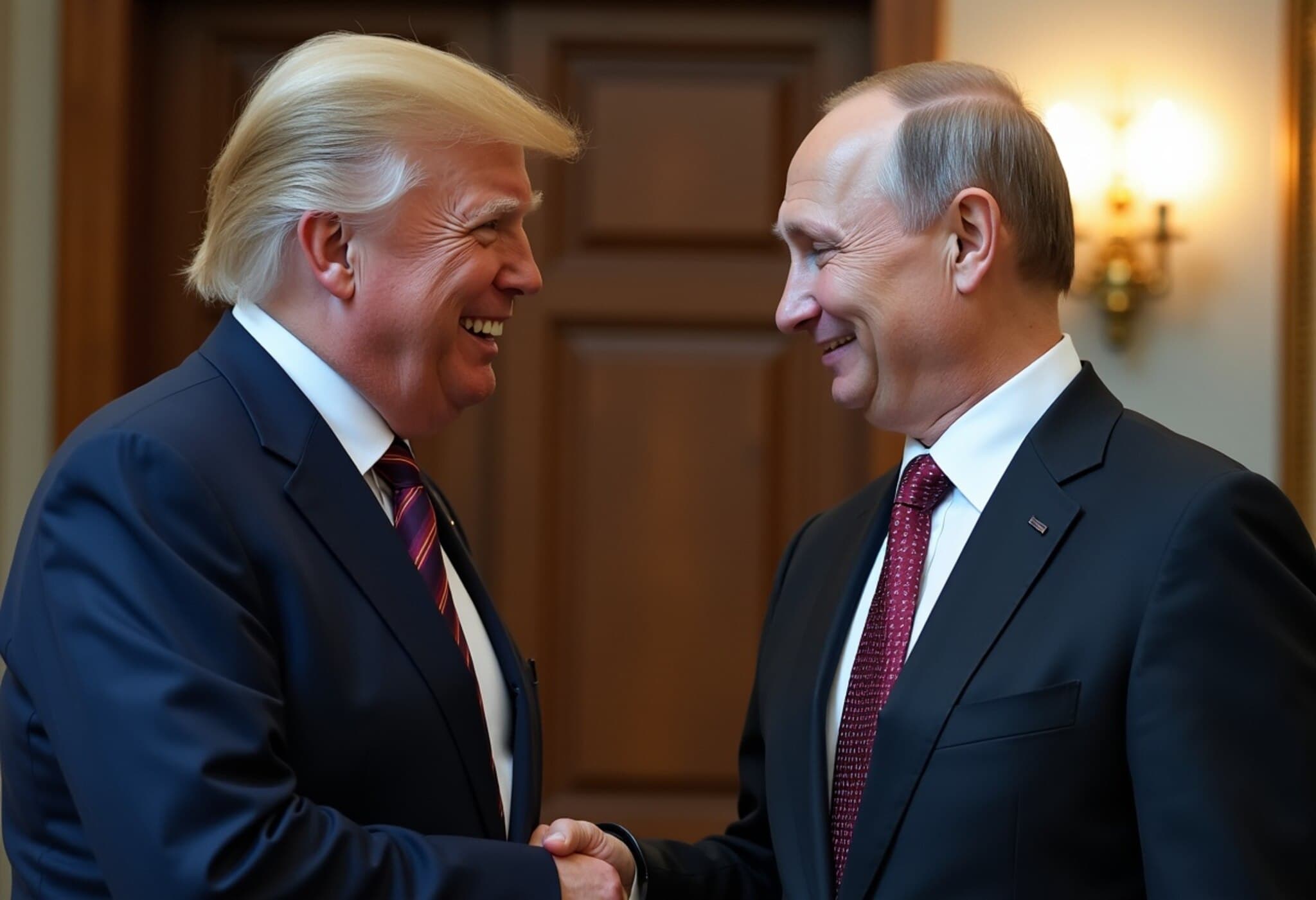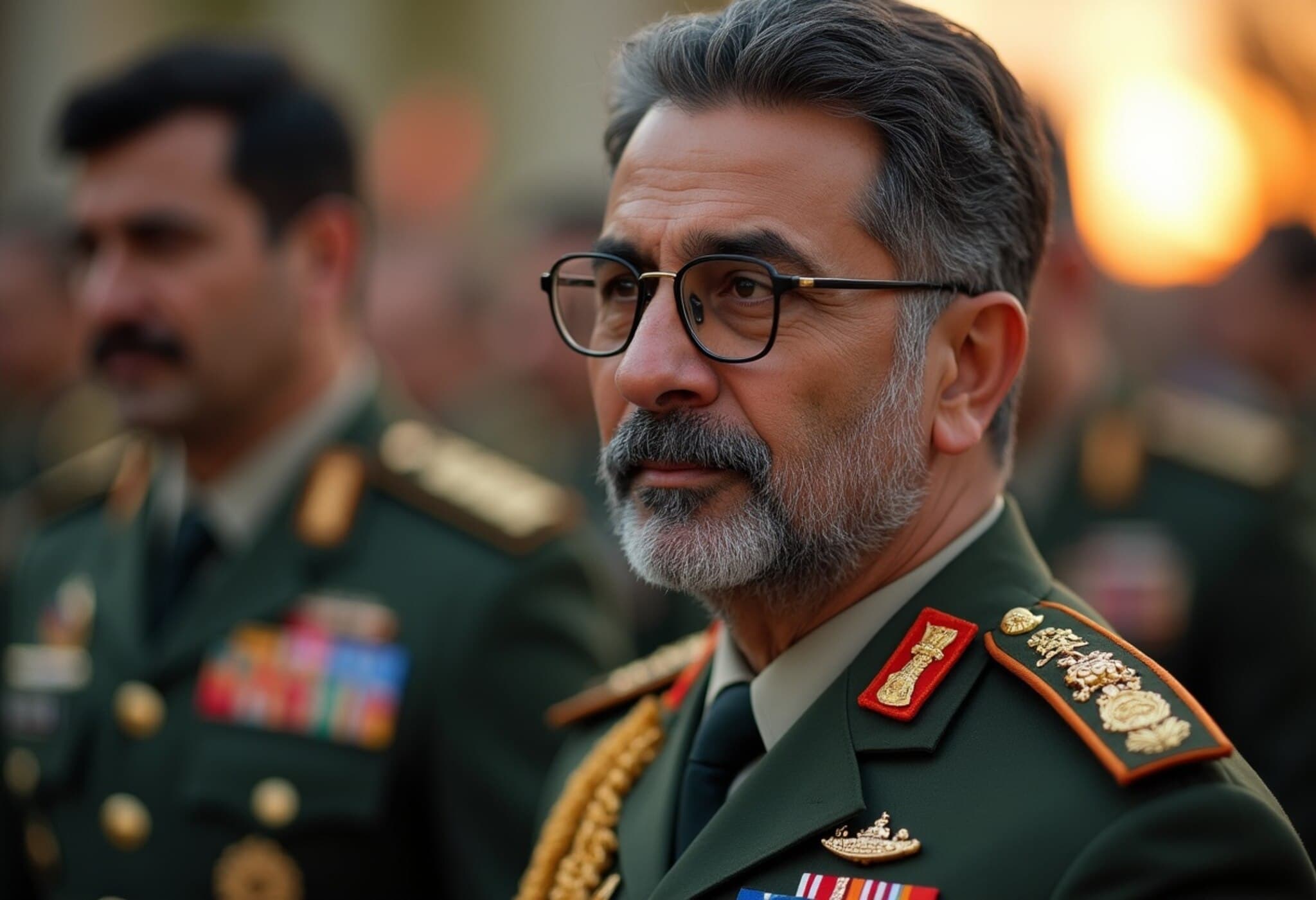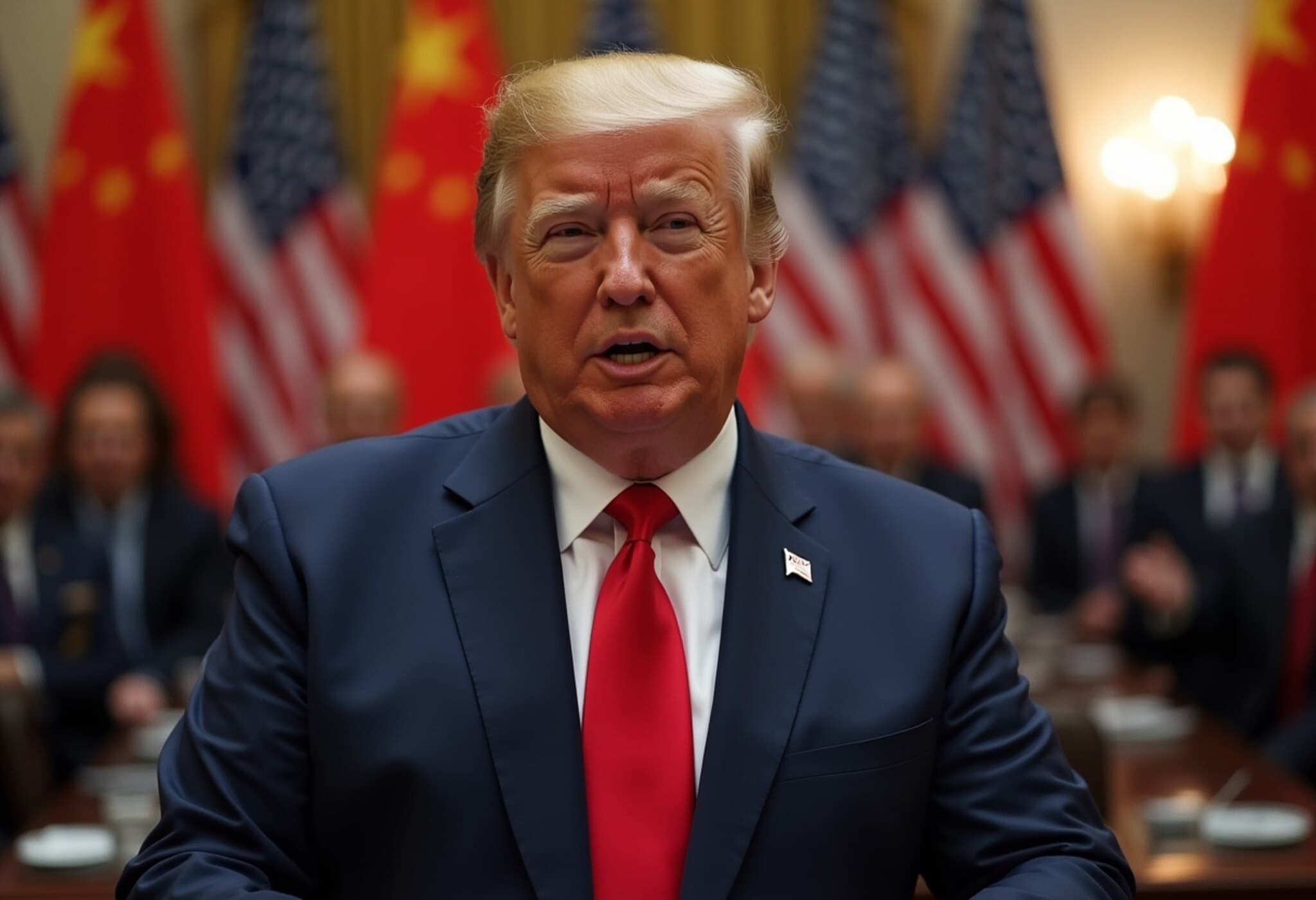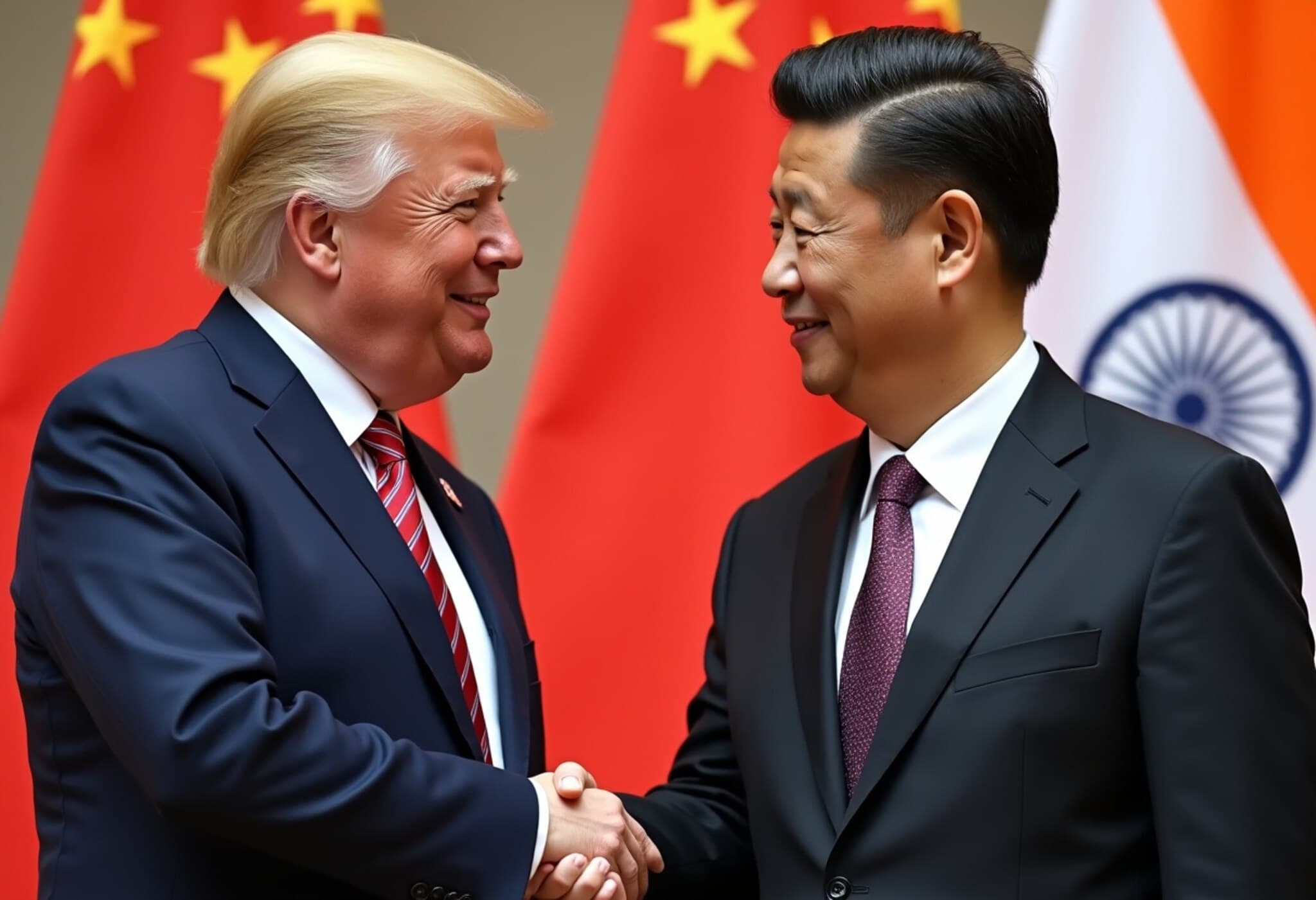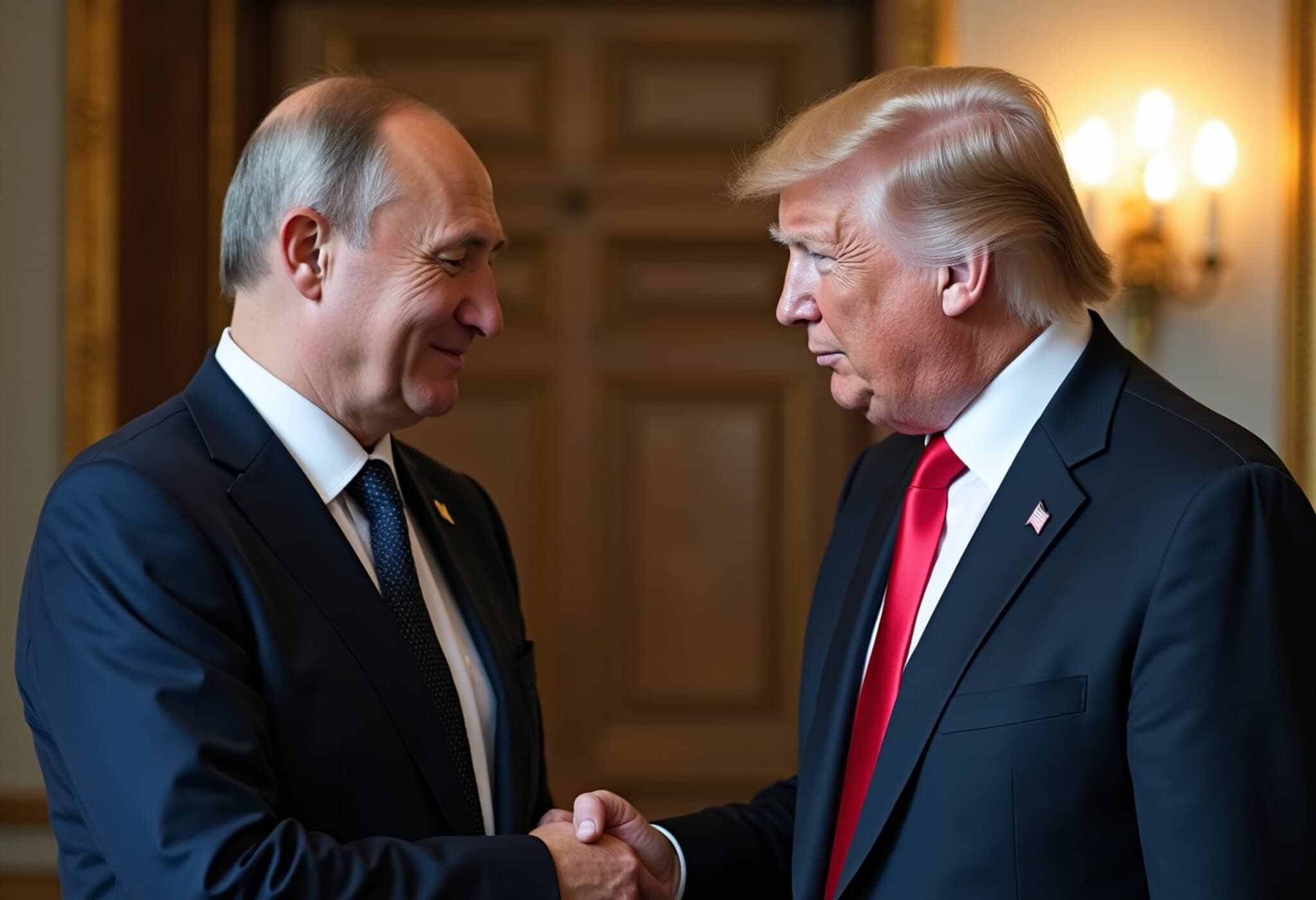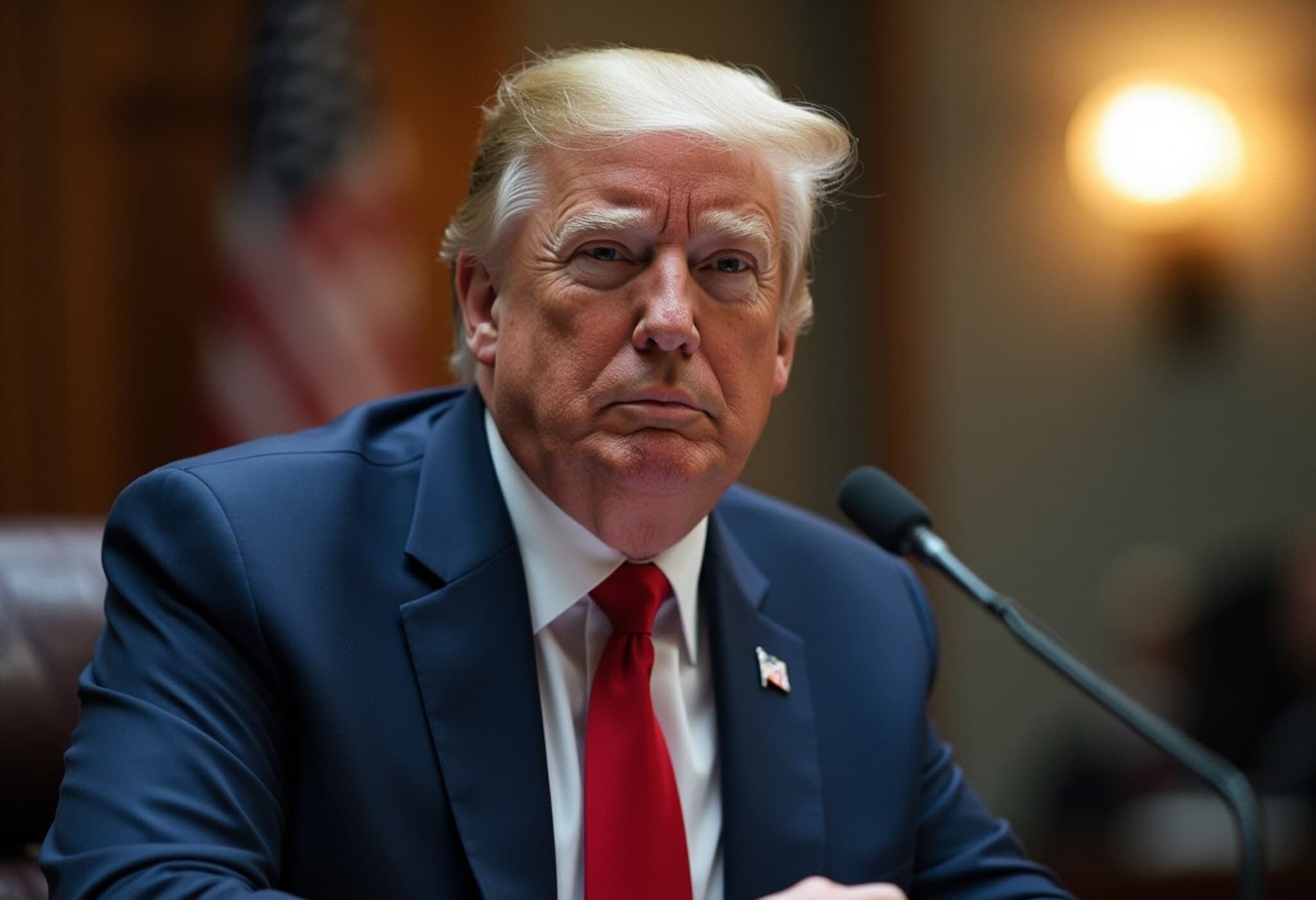Trump’s Cautious Stance on Australia’s Palestinian State Recognition
In a notable departure from his typically outspoken approach on Middle East policy, former US President Donald Trump has refrained from criticizing Australia’s recent decision to recognize Palestine as a state. This move, announced by Australian Prime Minister Anthony Albanese ahead of the upcoming United Nations General Assembly, signals a shift in Australia’s diplomatic posture amid escalating conflict in Gaza.
A White House official confirmed Trump’s stance, emphasizing that while he personally will not recognize Palestinian statehood—citing concerns about rewarding Hamas—the former president is not "married to any one solution" to the Israeli-Palestinian conflict. This nuanced position reflects the complexity and contentious nature of any initiative seeking peace in a region long marked by deep-rooted tensions.
The Trump Administration’s Mixed Messages
Earlier, Trump publicly belittled France’s recognition of Palestine, and suggested that Canada’s similar move might complicate trade negotiations. However, when specifically pressed on Australia’s announcement, White House representatives acknowledged an openness to diverse approaches toward the conflict, underscoring a reluctance to alienate allies or stoke further division.
US Secretary of State Marco Rubio offered a more critical view, dismissing the wave of recognitions by countries such as Australia, Ireland, and France as largely symbolic gestures driven by internal political motivations rather than substantive steps toward peace.
“It’s symbolic, and they’re doing it primarily for their domestic politics,” Rubio remarked, stressing that the conflict’s resolution will not emerge from declarations or UN resolutions, but through negotiations on the ground.
Australia’s Bold Diplomatic Move Amid Rising Gaza Conflict
Prime Minister Albanese’s decision to recognize Palestinian statehood comes at a moment of escalating humanitarian crisis in Gaza. Since October 7, 2023, when Hamas militants launched a devastating attack killing over a thousand Israelis and taking hostages, the subsequent Israeli military offensive has resulted in catastrophic casualties—over 61,000 Palestinians reported dead by local health officials—and widespread destruction of the Gaza Strip.
Australia’s move sparked fierce backlash from the Israeli government, which accused Albanese of rewarding terrorism and undermining peace efforts. Israeli Prime Minister Benjamin Netanyahu condemned the recognition as a “fruit of the Hamas attack,” highlighting the geopolitical sensitivities surrounding recognition of Palestinian sovereignty.
International and Regional Reactions
- France: President Emmanuel Macron welcomed Australia’s announcement, framing it as a constructive step toward securing peace and stability in Gaza and the wider region.
- Australia: Albanese defended his government’s stance, suggesting that Netanyahu’s administration is in denial about the devastating humanitarian consequences of the ongoing conflict, but reiterated Australia’s commitment to maintaining strong bilateral relations.
This diplomatic ripple occurs against a backdrop of profound global concern regarding the humanitarian toll in Gaza, including risks of starvation, civilian casualties, and soaring pressure on medical infrastructure.
Why This Matters: The Broader Implications
Australia’s recognition of Palestinian statehood, although symbolic in legal terms, represents a significant realignment in international attitudes toward the conflict. It raises several critical questions about the role of middle powers in shaping peace processes that have long been dominated by US and regional actors.
Furthermore, Trump’s restrained reaction and Rubio’s dismissive comments reveal a fissure within US political discourse about the best strategies to resolve the Israeli-Palestinian conflict—between hardline stances prioritizing counterterrorism versus diplomatic openness to diverse pathways.
For policymakers and observers alike, this development underscores the need to reassess how international recognition and domestic political pressures influenced by diaspora communities and global public opinion intersect in shaping foreign policy decisions.
Key Takeaways:
- Diplomatic nuance: Australia’s recognition signals a subtle but meaningful shift, promoting dialogue even amid harsh criticism.
- US ambivalence: Trump's noncommittal response reflects internal balancing acts in American foreign policy toward the Middle East.
- Humanitarian urgency: The ongoing crisis in Gaza compels urgent and multifaceted international responses beyond symbolic gestures.
Editor’s Note
Australia’s decision to officially recognize Palestine is more than a diplomatic headline; it is a reflection of an evolving global landscape where middle powers seek to influence entrenched conflicts. The restrained reaction from US leaders adds layers to the complex interplay between symbolism, realpolitik, and humanitarian concerns. As the conflict in Gaza continues to devastate lives, this move raises critical discussions: How effective are symbolic recognitions in prompting tangible peace efforts? Can shifts in international recognition recalibrate deeply rooted conflicts? And how should nations balance domestic political considerations with long-term regional stability? These questions remain essential for anyone tracking the path toward peace in the Middle East.

